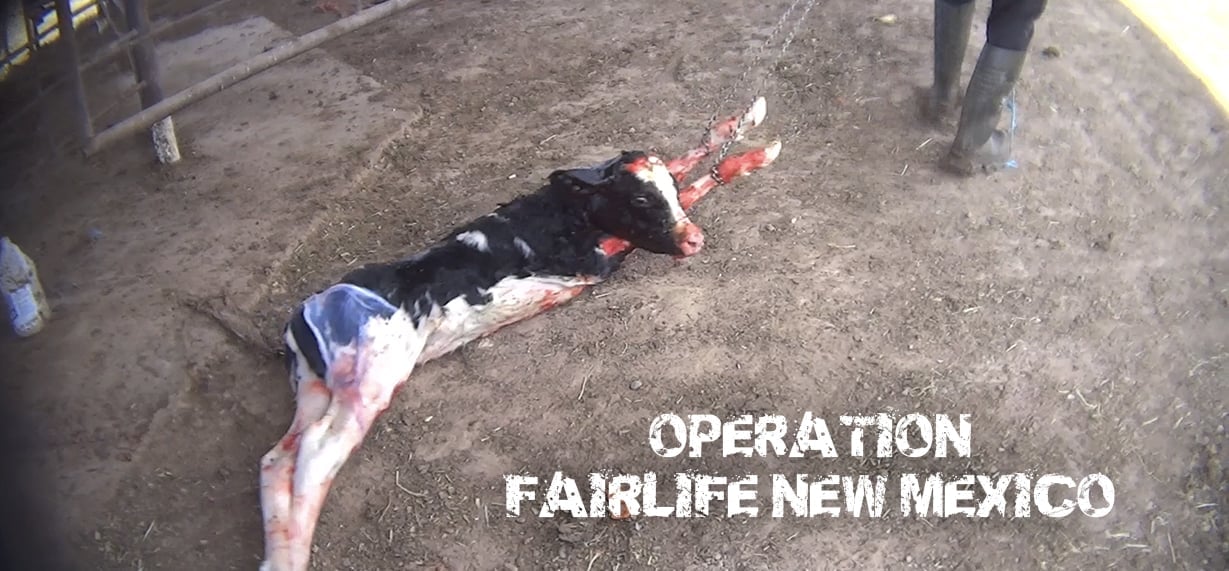In August of 2015, Animal Recovery Mission investigators went undercover on an initial investigation to document an unimaginably barbaric animal sacrifice event. It was part of a 900-year-old tradition that occurs every year in the small town of Khokana, just eight miles outside of Kathmandu, Nepal.
This savage ritual, which occurs every August on the day after Gai Jatra, is known as the Deopokhari festival, otherwise referred to as the Khokana festival.
Celebrations occur over two days in preparation for the final day. An innocent 6-8-month-old female goat is subjected to prolonged torture and a long-drawn-out death, often lasting over 40 minutes, to honor the pond’s goddess near the town’s Rudrayani temple.
The Hindu sacrificial ceremony of Deopokhari, originated from the legend that the gods of the medieval times drowned children in the town pond. The followers of this Hindu sacrificial ritual believe that killing a goat as a kind of sacrifice will appease the gods.
However, this ceremony involves a terrifying experience subjected to a baby goat, who often faint from the immense pain and exhaustion. The event begins when nine village men, teenagers, are chosen to compete in being the ‘hero’ who brings the honorable fatality upon the goat.
First, the goat is thrown into the pond, initiating the ritual. As the goat thrashes for life in the water, the men scurry to battle for their title by ripping the goat organs apart with their bare hands and teeth, drowning and suffocating the helpless animal until the one man claims his victory.
The ‘hero’ is then rewarded by leading the celebratory Shinkali dance, which follows with the slaughtering of innocent animals.
The Animal Recovery Mission has continued to attend and execute multiple investigations every year in Nepal, and work with the Government and people to retract their use of animals in their traditions and ceremonies until we see the end of these violent acts.
Because of ARM’s relentless efforts and advocacy efforts in educating the world of the animal cruelty of Khokana, we have had an impact on influencing younger generations to adopt more compassionate ceremonies that do not involve torturing animals.

